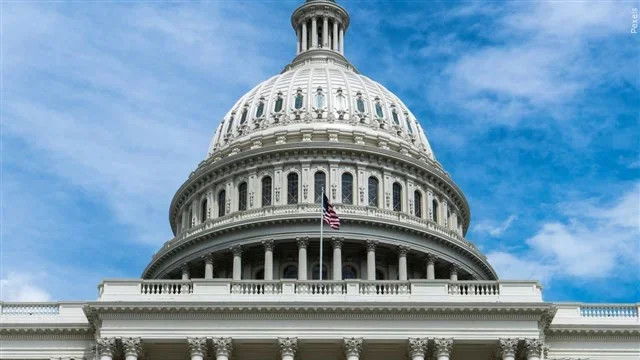Chavez-DeRemer votes for defense authorization bill, outlines key provisions

WASHINGTON, D.C. – Rep. Lori Chavez-DeRemer (OR-05) voted Thursday in favor of the conference report for the Fiscal Year 2024 National Defense Authorization Act (NDAA) — a critical defense package that provides support for service members and their families and protects U.S. interests at home and abroad.
The bipartisan legislation includes $79 million for constructing an Air National Guard special tactics complex at the Portland International Airport.
“One of the most important responsibilities of the federal government is to provide for the common defense, and that’s why Congress has passed the NDAA on time, every year, for six decades. I was proud to support this critical defense package, which includes investments that will directly benefit Oregon service members and boost our military readiness. Additionally, important funding is made available to disrupt fentanyl trafficking and secure our southern border. Getting this done on time promotes peace and stability around the world while protecting our national security,” Chavez-DeRemer said.
Summary of FY24 NDAA Conference Report Provisions
Supporting Service Members and Their Families
- Supports a 5.2 percent increase in service member basic pay, the largest pay raise in over 20 years;
- Authorizes $153 million over the president’s budget request for the construction of new child care centers; and
- Authorizes over $280 million to build new schools for military children.
Supporting Border Security and Addressing the Fentanyl Crisis
- Fully funds the deployment of National Guard troops in support of border patrol agents’ activities at the southern border; and
- Enables the Department of Defense (DOD) to undertake more small-scale construction projects to improve its counter-drug and counter-transnational organized crime activities.
Supporting Israel
- Extends DOD’s authority to transfer weapons systems to Israel;
- Authorizes $47.5 million over the president’s budget request for research and development of emerging technology with Israel; and
- Requires U.S. Central Command to engage in regular exercises with Israel to practice and simulate coalition strike, refueling, and other missions.